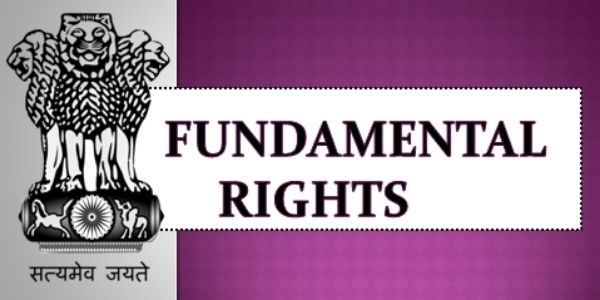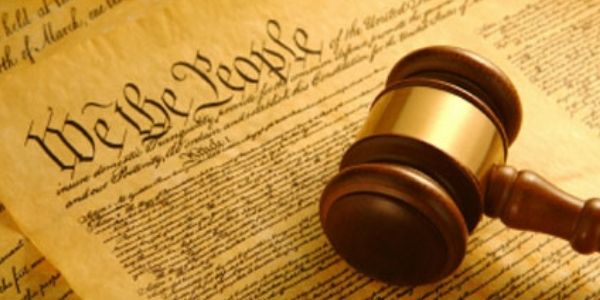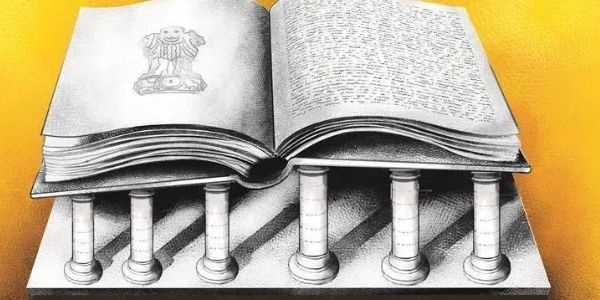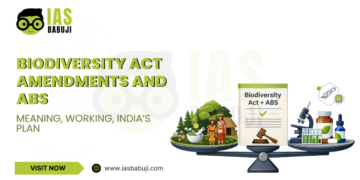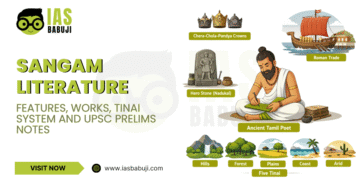In the article, we will be discussing the Fundamental Rights of India. Let us go deep into the fundamental rights and duties of the Indian Constitution. In the article, we have covered all the essential information and know more about the 6 fundamental rights. All of us need to know and understand. Let’s Begin.
What is the meaning of the Fundamental Rights of India?
Before understanding the Fundamental Rights of the Indian Constitution, we will understand the meaning of the Fundamental Rights of India. In the first place, the Fundamental Rights of India are the rights guaranteed under Part III (Articles 12-35) of the Constitution of India. Further, there are 6 fundamental rights that the Indian Constitution recognizes.
Features of Fundamental Rights
Below we have added some of the salient features of Fundamental Rights.
- In the first place, they are protected and guaranteed by the constitution.
- Then, these rights are different from the the ordinary legal rights. Further, some of the rights are available to all citizens while the rest are for all persons.
- These rights allow a person to move directly to Surpreme Court for the reinforcement of his fundamental right, when they are restricted
- They can also be suspended during a national emergency. But, the rights guaranteed under Articles 20 and 21 cannot be suspended.
Importance
Fundamental Rights are essential as they act as the country’s backbone, and they are necessary for securing the people’s interests. Then, they integrate with the society and at the same time as they teach educative value also. If you are aware of your rights, it will solve your problems, and as we all know, the importance of education. These rights help all get the basic education so that wrong people will not benefit the innocent people. It is also essential for the exams, and one must be aware of it.
Fundamental Rights and Duties of India
As we have mentioned earlier in the article, there are a total of 6 fundamental rights.
- Right to Equality (Article 14-18)
- Right to Freedom (Article 19-22)
- and Right against Exploitation (Article 23-24)
- Right to Freedom of Religion (Article 25-28)
- Cultural and Educational Rights (Article 29-30)
- Right to Constitutional Remedies (Article 32)
Further, below we have explained each one of the rights deeply.
- Right to Equality, it deals with
- Equality Before Law
- Ban of Discrimination
- Equality of Opportunity in Public Employment
- End of Untouchability
- End of Titles
This particular right guarantees equal rights to all, irrespective of religion, gender, caste, race, or place of birth. Further, it will ensure that all with equal employment opportunities in the government and ensure against discrimination by the State in employment matters based on caste, religion, etc.
- Right to Freedom, it deals with the below points
- Freedom of speech
- Freedom of expression
- and Freedom of assembly without arms
- Freedom of association
- Freedom to practise any profession
- and Freedom to stay in any part of the country
This right has the above freedoms for everyone in the country. But, further, some of these rights are subjected to certain conditions of the State’s public morality, security, and decency. Besides, it means the State has the right to impose reasonable restrictions on them.
- Right against Exploitation, it deals with the below points
- Ban of Human Trafficking and Forced Labour
- Ban of Child Labour
Further, this right implies the Ban of traffic in human beings, begar, and other forms of forced labor. Additionally, it means the Ban of children in factories, etc. it also bans the employment of children under 14 years in dangerous conditions.
Continued – Fundamental Rights of India
- Right to Freedom of Religion, it deals with the below points
- Freedom of Conscience, Profession, Practice and Propagation
- Freedom to Manage Religious Affairs
- and Freedom from Taxation for Promotion of a Religion
- Freedom from Attending Religious Instruction
Further, this right indicates the secular nature of Indian polity. Besides, there is equal respect for all religions, and there is freedom of conscience, profession, practice, and propagation of religion. Then, the State has no official religion, and every person has the right to freely practice their faith, establish and maintain religious and charitable institutions.
- Cultural and Educational Rights, it deals with the below points
- Protection of Interests of Minorities
- Right of Minorities to Establish and Administer Educational Institutions
This right protects the rights of religious, cultural, and linguistic minorities by making it possible for them to preserve their heritage and culture. Further, educational rights are to ensure education for everyone without any discrimination.
- Right to Constitutional Remedies, it deals with the below points
- Right to remedies for the implementation of the fundamental rights
- Abrogate the fundamental rights of the ‘Members of the Armed Forces’, paramilitary forces, police forces, intelligence agencies and analogous forces
- Allows the Parliament to make laws on Fundamental Rights
Lastly, in this, it ensures that Constitution guarantees remedies if citizens’ fundamental rights are violated. Further, when these rights are violated, the aggrieved party can approach the courts. Then, anyone can directly go to the supreme court, which can issue writs for enforcing fundamental rights and duties. For more information, you can go through the official website for the complete details. It will help with the exam as well. Click here for more.
UPSC Exam
Understanding these is essential if you have a plan for writing the UPSC exam. So, this article will give you all the vital details on the same. As we all know, it is one of the toughest exams in India, and one must be highly dedicated and put remarkable efforts to clear the exam. Many students were successful in becoming IAS officers. Therefore, we can say that this particular exam will test students’ knowledge and their hard work and dedication in clearing the exam and their goals. One needs to clear all the three stages of the IAS exam. They are the prelims, the main exam, and the interview round. Many wish to become an IAS officer, and many leave their jobs to prepare for the exam.
If you are worried about the exam details, we will give you all the information related to the exam. Click here to know more about the exam. Then, we have also added some information on the coaching classes. It is not necessary to join classes, and you can also study on your own. Read more here for the details on the same. We have seen examples of people who have cleared the exam without classes. So, it is only about hard work and smart work.
Questions related to the IAS exam
Below we have listed some of the UPSC exam questions, and it will you a better understanding.
- Right to vote and to be elected in India is a
- Fundamental Right
- Natural Right
- Constitutional Right
- Legal Right
Answer – 3
- How many freedoms are ensured by Article 19
- Three
- Four
- Five
- Six
Answer – Six
- Which among the following articles of Constitution of India ban the untouchablity?
- Article 15
- Article 16
- and Article 17
- Article 18
Answer – Article 17
- Which among the below parts of constitution of India, has the concept of welfare states?
- Preamble
- Fundamental Rights
- Directive Priciples
- Fourth Schedule
Answer – 3
So, above are some examples of the questions that can be asked in the exam. In addition, you can refer to the previous year’s papers and textbooks to know the pattern and the syllabus of the exam.
Conclusion
In summary, in the article, you will find complete details on the fundamental rights and duties of the Indian Constitution. We have added a detailed explanation of the 6 basic rights and the duties. As a citizen of India, one must be aware of their fundamental rights and duties. It is essential to understand when something happens to them. It is also necessary for the IAS exam, and one must cover these rights along with the complete syllabus of the exam. Clearing the IAS exam is not an easy task; you have to be a hard worker. So, make the best use of the time and prepare for the exam. Finally, we wish you good luck with the exams, prepare well. Remember, while reading the article, try to make points, and you can study during the exam.
FAQs
Lastly, check out some FAQs for more details.
So the 6 fundamental rights are the right to equality, freedom, right against exploitation, freedom of religion, cultural and educational rights, and the right to constitutional remedies.
Yes, if you are writing the exam, you must be aware of the fundamental rights of the Indian Constitution along with the syllabus.
The Fundamental Right to Property has been removed.
Editor’s Note | Fundamental Rights of India
In the above article, you will get information on the Fundamental Rights of India. If you are residing in India, you must be aware of their rights. So, in the article, we have covered all the important rights, and it is essential when it comes to exams. In our other article, we have added further details related to the exam. Then, we have added details of the IAS exam, and as you are already aware that to clear the exam, you have to work hard.
It is normal to get tensed while preparing for the exam. But, be calm and composed, ready for the exam. Try to use some tips it will help you to score well in the exam. So, even you can clear the exam with the right plan and hard work. You can make your dreams come true by working hard in them. So, we wish you good luck with the exam, work hard and prepare well for the exam.


